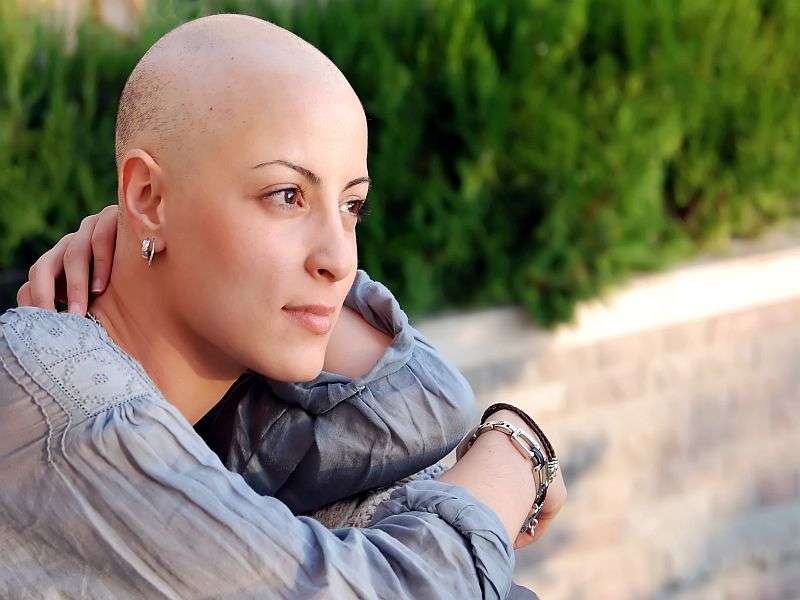(HealthDay)—For patients with ovarian cancer, new diagnosis of venous thromboembolism frequently occurs during neoadjuvant or adjuvant chemotherapy, according to a study published in the June issue of Obstetrics and Gynecology.
Patricia S. Greco, M.D., from the University of Michigan in Ann Arbor, and colleagues conducted a retrospective cohort study involving patients diagnosed with ovarian, fallopian tube, and primary peritoneal cancer and receiving neoadjuvant chemotherapy.
The researchers found that 13 of 125 patients with ovarian cancer undergoing neoadjuvant chemotherapy had a venous thromboembolism as a presenting symptom and were excluded from further analysis. Thirty of the 112 patients at risk (26.8 percent) experienced a venous thromboembolism. Thirteen, six, and 11 patients (11.6, 5.4, and 9.9 percent, respectively) developed a venous embolism during neoadjuvant chemotherapy, postoperatively after debulking surgery, and during adjuvant chemotherapy, respectively. In this cohort, two of the four patients with clear cell histology developed a venous thromboembolism.
"Overall new diagnosis of venous thromboembolism was associated with one fourth of the patients undergoing neoadjuvant chemotherapy for ovarian cancer with nearly half of these diagnosed during chemotherapy cycles before interval debulking surgery," the authors write. "Additional attention to venous thromboembolic prophylaxis during chemotherapy (neoadjuvant and adjuvant) in this patient population is warranted in an effort to decrease the rates of venous thromboembolism."
More information:
Abstract/Full Text (subscription or payment may be required)
Editorial (subscription or payment may be required)
Journal information: Obstetrics and Gynecology
Copyright © 2017 HealthDay. All rights reserved.























